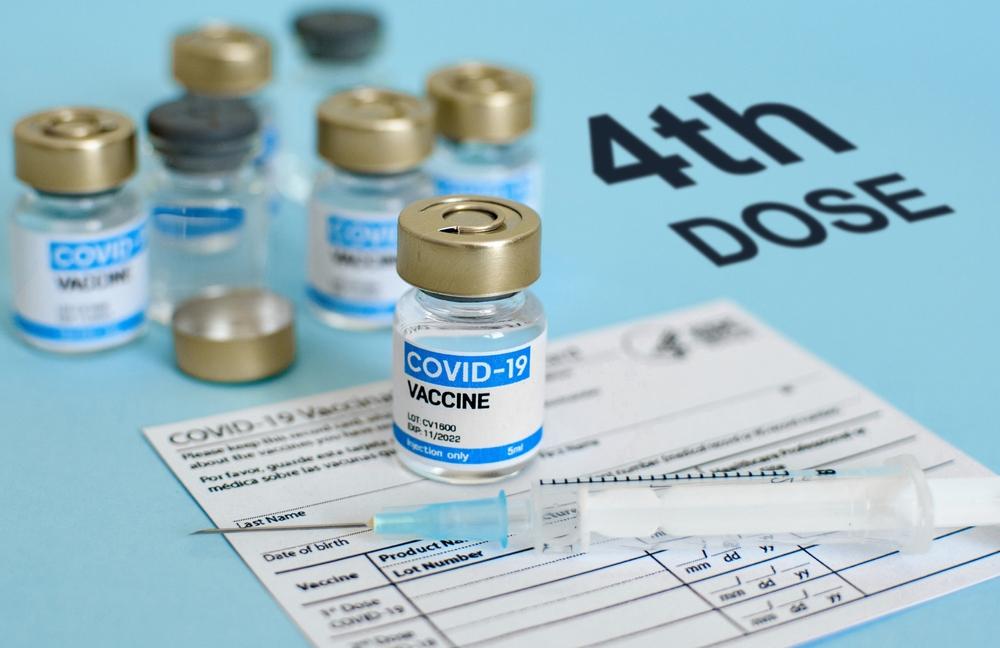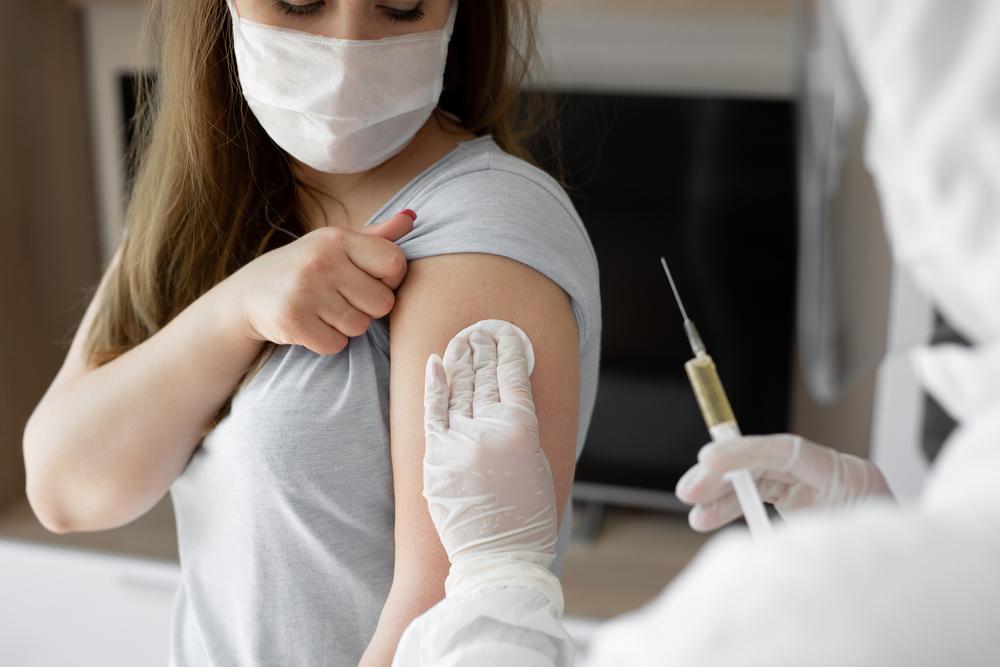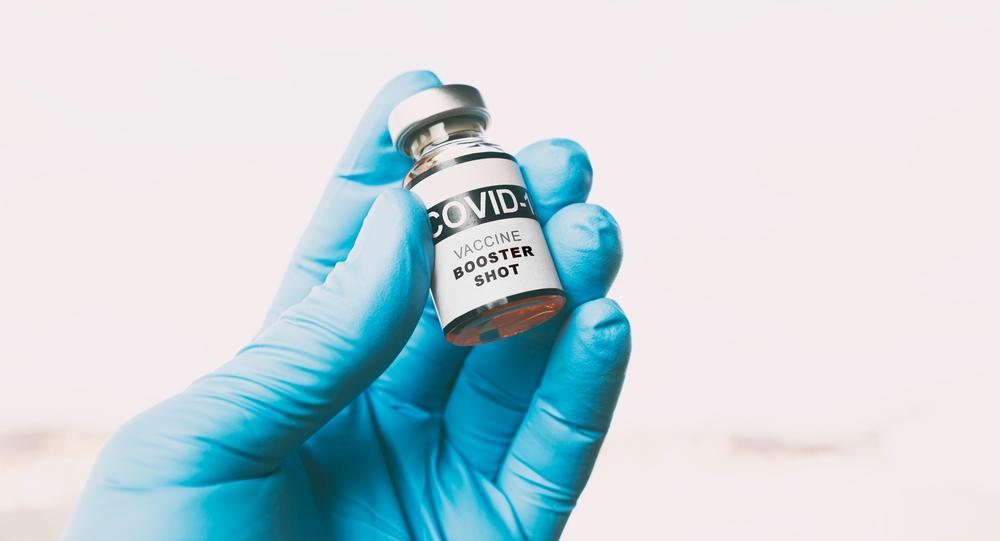A media roundtable was carried out on the 8th of September 2022 about the effectiveness of COVID-19 vaccines as boosters and it was jointly hosted by Chiang Mai University Faculty of Public Health, the Philippine College of Physicians and the Indonesian Society of Respirology.
Joining the virtual regional media roundtable with some of Asia’s leading infectious disease experts, was Dr. Christopher Lee, Adjunct Professor at Taylor’s School of Medicine. Dr. Christopher’s illustrious career also includes being the former head of the Infectious Diseases Unit and the Department of Medicine at Hospital Sungai Buloh and the National Advisor for Infectious Diseases in the Ministry of Health (MOH), Malaysia.
One of the interesting topics discussed by Dr. Christopher during his discourse was vaccine fatigue and its impact on people’s perception towards the boosters. The term vaccine fatigue is gaining traction in a time where booster shots are being encouraged. To further delve into this topic, we’ve invited Dr. Christopher to share his insights.

1Twenty80: What is vaccine fatigue?
Dr. Christopher Lee: Vaccine fatigue is a reluctance by people to stay up to date with their boosters, or complete their first vaccine schedule, despite advice to make sure they remain fully protected against severe Omicron-related outcomes. We need to ensure the message gets out there: staying up to date with your vaccination and booster schedule is the only way to stay protected against the risk of severe COVID-19 illness.

The last two and a half years has taken its toll mentally and physically on people as everyday life has been impacted, only recently have we been able to open more and return to some sense of normality.

1Twenty80: What is the cause of vaccine fatigue and the factors that contribute to it?
Dr. Christopher: Understandably people are tired of the pandemic. The last two and a half years has taken its toll mentally and physically on people as everyday life has been impacted, only recently have we been able to open more and return to some sense of normality.
When vaccines were first available, we saw a much higher uptake than what we are seeing for boosters now. Those who need a booster shot are not getting one, which can have serious consequences.
It’s important that we look at vaccination as we do any other important regular health measures: it may not be pleasurable or convenient, but we must continue our good habits. Keeping the population protected against COVID-19 is the only way to ensure we do not go backwards, and instead move forward to the endemic stage where we find a way to live with the virus.
1Twenty80: Are Malaysians experiencing vaccine fatigue?
Dr. Christopher: Yes, there is certainly vaccine fatigue amongst Malaysians. We know that the take-up for the second booster has not been that high with under half of Malaysians yet to get their first booster dose.

1Twenty80: In your expert opinion, how is the general Malaysian public’s reaction towards the 4th booster shot?
Dr. Christopher: Just this week (the beginning of September), Malaysia’s Health Minister said while he was aware that people might be experiencing vaccine fatigue, it remains crucial that high-risk groups get their 4th booster shot. Those in the high-risk group include the elderly and people with health conditions which mean they are more susceptible to the worst outcomes from the virus, including hospitalisation and death.
1Twenty80: Why is the booster shot important and what sort of protection does it provide?
Dr. Christopher: Boosters are the most effective way to make sure you stay protected against COVID-19 and we know from data reviewed this year that 4th dose boosters add a significant level of additional protection. In fact, a recent real-world study from Asia [i] showed there were no cases of severe outcomes (hospitalisation or death) due to Omicron in people vaccinated with a fourth dose of either the AstraZeneca vaccine or mRNA COVID-19 vaccines during the data analysis period.

1Twenty80: Has there been any research done to show the efficacy of the 4th booster shot?
Dr. Christopher: First, a quick point of clarification on efficacy vs. effectiveness. Efficacy looks at a tightly controlled population of people on the same vaccine schedule, which is what is evaluated in order to get a vaccine approved. Effectiveness is what we look at when the vaccine is in the real world, with broad populations using different types of vaccines and varying timing for their primary doses and beyond.
A recent study in Asia [ii] has shown that although vaccine effectiveness against infection decreased three months after a third dose booster, protection against serious disease outcomes, including hospitalisation and death, was maintained, and then further improved by a fourth dose booster. Maintaining a level of immunity against COVID-19 will likely require annual boosters or every six months for more vulnerable populations.

It is advised that those considered high-risk, including the elderly and those with underlying health issues, get their fourth dose booster. I would certainly advise people to speak to their healthcare provider if they are unsure about getting a booster or when they need one.
1Twenty80: Is it vital for Malaysians to get their fourth booster shot?
Dr. Christopher: It is advised that those considered high-risk, including the elderly and those with underlying health issues, get their fourth booster dose. I would certainly advise people to speak to their healthcare provider if they are unsure about getting a booster or when they need one. Fourth dose boosters are an important way to keep the most vulnerable people in our community safe against COVID-19.

1Twenty80: Do multiple boosters mean vaccines are ineffective?
Dr. Christopher: Not at all. Vaccines remain the most effective way to keep people safe and protected against COVID-19. They have saved millions of lives during the pandemic and prevented millions more from critical illness. But we do know that for all available COVID-19 vaccines, protection wanes over time and that a fourth dose booster can help to restore that critical protection and maintain a level of immunity.
1Twenty80: What can we expect from COVID-19 vaccine manufacturers in regard to the coming times?

Dr. Christopher: There are currently a lot of questions about the need for variant-specific vaccines. Currently, the available COVID-19 vaccines provide very high protection against Omicron related severe disease and death. The consistent effectiveness of current vaccines against all strains, including Omicron, suggests we should stay laser focused on ensuring the broadest possible coverage with the vaccines available to us today. The risk of developing serious outcomes becomes higher if vaccination programs are delayed.
If you’re experiencing vaccine fatigue and would like to know more about the fourth booster shot, please speak to a healthcare provider to get reliable information.
Study cited by Dr Christopher: [i] & [ii]: Intawong K, et al. Heterologous third and fourth dose vaccine to reduce severity and mortality in COVID-19 patients during delta and omicron predominance: A cohort study in Chiang Mai, Thailand. Research Square 2022. Preprint published online, not peer reviewed, https://www.researchsquare.com/article/rs-1973470/v1. Accessed August 2022.










